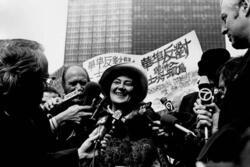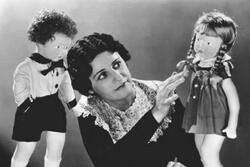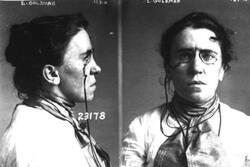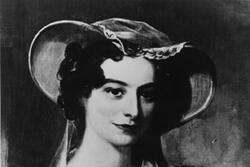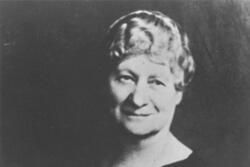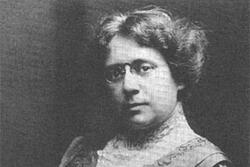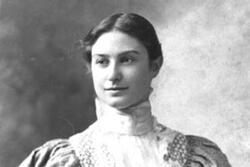Through posters and a variety of primary source documents Women of Valor recognizes and highlights the lives and accomplishments of sixteen trailblazing Jewish women, each of whom had the courage and conviction to overcome the social, cultural, and religious barriers she faced in creating a more just and equitable world.
Your gift keeps these stories alive—it will be matched through year’s end, up to $50,000.
Help us meet our year-end goal
$40,000 of $50,000 raised.
Women of Valor
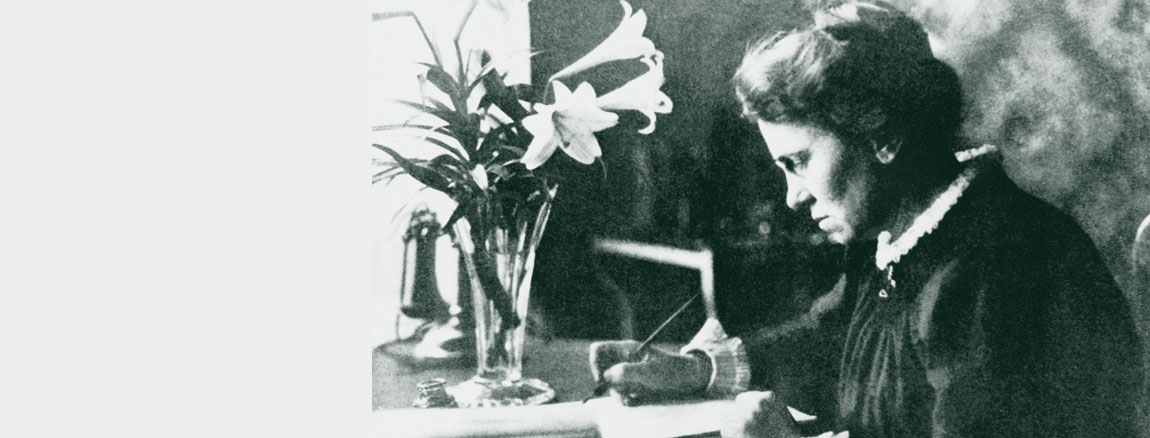
Hoover Institution Archives American Pictoral Collection
“I want freedom, the right to self-expression, everybody's right to beautiful, radiant things.”
– Emma Goldman
1869 – 1940
– Emma Goldman
1869 – 1940
How to cite this page
Jewish Women's Archive. "Women of Valor." (Viewed on November 20, 2025) <https://qa.jwa.org/womenofvalor>.

